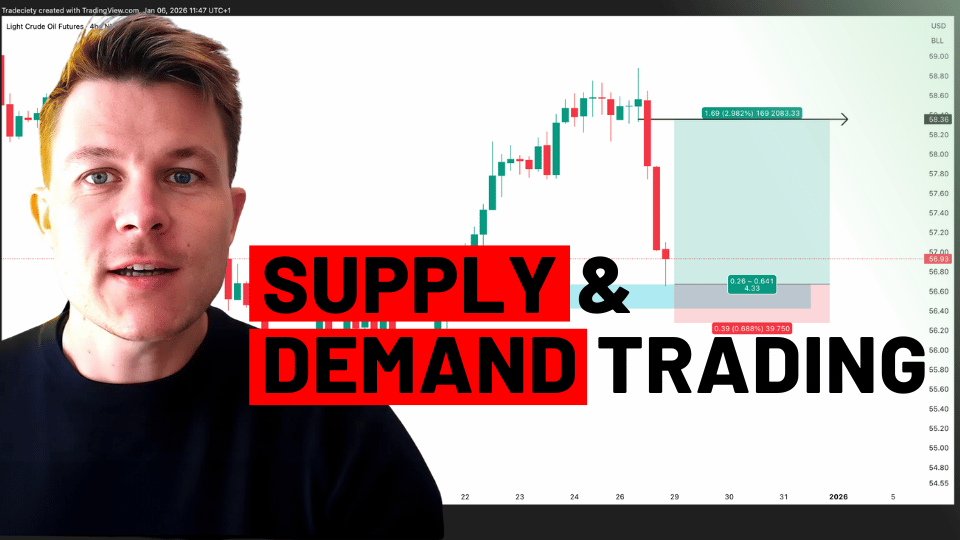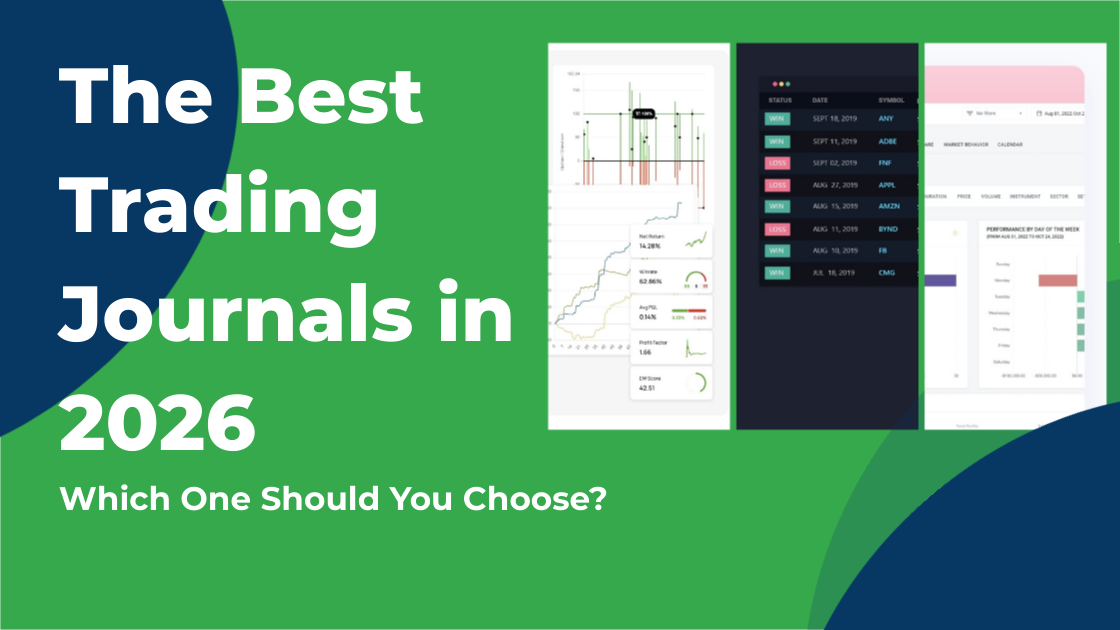
Dealing with emotions is a very important aspect when it comes to trading successfully and the impact psychology has on your trading decisions can be significant. As a trader it is therefore very important for you to understand how emotions influence your daily trading and that you find ways how to deal with psychology efficiently. In this article we asked 14 professional traders, trading coaches and authors of best-selling trading books how they deal with emotions on a daily basis and what helps them to control and manage trading psychology.
Steve Burns
NewTraderU.com – @SJosephBurns
Early in my career, I let my emotions dominate my trades. My self-worth was tied to each win or loss. I tended to trade so large, that each result felt like life or death, and indeed, losses were seriously damaging my account. But after I embraced risk management and the 1% rule, all of that changed. Not only was I healthier mentally, but my trading account was never again in jeopardy. By implementing proper position sizing, stop losses, and cutting my losers short, I now trade for the long term, and I know that each trade is just one of many.
Dr. Brett Steenbarger
While it is common to emphasize emotional/psychological factors as causes of poor trading, I find the reverse is just as prevalent. Emotional disruptions are often the result of: a) poor risk management and b) lack of diversification. The combination of these creates a more volatile return series (e.g., lower Sharpe ratio), which in turn stimulates emotional volatility. Psychological techniques to manage stress can be useful, but even more helpful is identifying and correcting the root causes of the stress. Exhortations to “follow your process” are unhelpful when the process itself is misinformed.
Mike Bellafiore
Ardy Ismail
Fear and self-doubt. Exuberance and overconfidence. These are emotions that can plague the unwary trader. To prevent these emotions from having any control over me, I stop trading after if I lose 3 trades in a row. On the second day, if I ended the day with a loss again, I will stop trading for the next 2 to 3 days. I stop trading too after I have met my target for the day or for the week. Overconfidence make you less disciplined. I follow these rules and make sure that I keep my emotions in check.
Forex School Online
Forexschoolonline.com – FB/ForexSchoolOnline
I highly recommend all traders have a pre-trade plan that they have worked out before entering any trade that includes their entry, stop and how they plan to manage the trade, rather than getting into the trade and then trying to figure it out as they watch their account balance.
50 Pips
@50pips
You need to seriously tackle understanding markets, trading mechanics, leverage and context. Remember that trading is an extremely hard way to make a living. It is not a ‘job’ in the strict sense of the word but it is a profession and unless you put yourself in a position to succeed by treating it as a business, you are going to find out the hard way how physically, psychologically and economically taxing it can be. Don’t let anyone tell you it can’t be done but equally, don’t let anyone give you the false impression that this is easy and that there are shortcuts.
Steve (UK Trendfollower)
1. Only risking a small percentage of your equity on each allows you to have an emotional indifference towards each trade.
2. Because of my chosen method the actual ‘act’ of trading only takes me a few minutes each day. I do all my planning, looking for new setups etc outside of market hours. I try and avoid having to make This involves working out potential entries, position sizes, initial stops etc should certain price levels on stocks I am following are hit. Once the markets open, all I do is update stops (per my rules) if required, and place any orders to open new trades at the required levels. Once I have done what I need to do, then I close my trading platform down! I know that there are only a few things I can control – my risk, where I enter trades, where I place stops. I cannot control what the market does. Watching every tick when you are a trend follower is not required and counter-productive. It can lead to you making snap decision, which are irrational and often done in a panic. Sticking to my process and my daily work plan means I avoid making emotionally-driven mistakes.
“Having a quote machine is like having a slot machine on your desk – you end up feeding it all day long.” – Ed Seykota
Joel Kruger
Most of you out there have day jobs. Some days are good and some days are bad. But for the most part, you don’t get overwhelmed, as you know this is just a part of the routine. When things are either good or bad, the reactions are healthy and proportioned. The reactions do not consume your life. You know this is a part of it and you keep on moving forward. And so, it should be no different in trading. You need to be trading in proportion. Trade on leverage commensurate with the amount of money in your trading account.
Gavin McMaster
OptionsTradingIQ.com – @OptiontradinIQ
My number one tip for keeping your emotions in check is to not watch every tick of the market. This just causes stress and can lead to bad decisions. Overtrading which is the curse of retail traders. One of the best ways to limit this is to only log in to your brokerage account at certain times of the day. For example, some traders might choose to just log in for the last 1 hour of the trading day. Getting away from the screens and not watching every tiny move of the market can help traders become less emotionally involved.
Michael G Lamothe
The way I deal with emotions during the trading day begins with preparation while the market is closed and includes the following:
- Have a process for analyzing the State of the Market inside and out through my own eyes. Understand what is happening across time frames, across indexes, and what is happening to the basket of stocks I’m most interested in.
- Have a system and a set of time tested rules capable of dealing with the current market environment. If I don’t have one for the current environment, don’t trade.
- Develop a plan for each trade that includes the following:
– Time frame being traded
– Entry point
– Exit point if I’m wrong (protective stop)
– Trailing stops
– Potential targets where I’ll take profits or re-evaluate the position
– What % of capital will be risked on the position
– How this trade fits into my current portfolio and portfolio heat
Aside from my initial entry and my protective stop, my actions are all based on end of day or end of week activity. I don’t look at my accounts unless if there is an action to be taken and I know what actions need to be taken before the trade is executed.
H. Avni Kefeli
Having a trading strategy that fits to your personality is like a threshold in trading, which enables you to focus on other things than entry&exit signals such as managing the trade. The more you trust your trading strategy and feel safe with it, the easier you cope with your emotions. Meantime, I’ve also been taking advantage of doing a plank exercise before starting to trade , – it’s known that it decreases the emotional loads.
Rolf
Apr 25, 2015 8:00:00 PM




